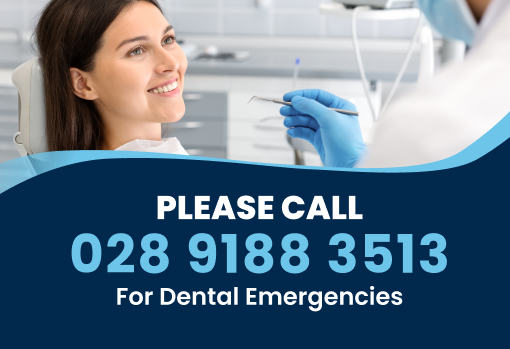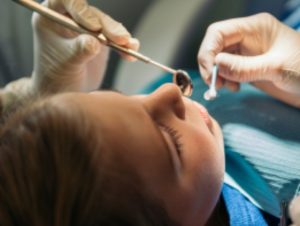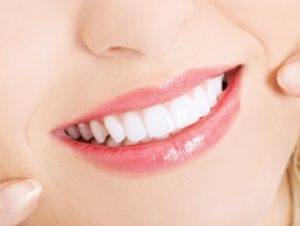Pregnancy is a time when your whole body comes under increased physical stress. Nurturing the growing baby and preparing for birth can be hard on the body for all kinds of reasons. Your teeth and mouth can also be affected, as some of the calcium that you take in through food, drink and supplements that normally support your teeth and bones is diverted to the developing baby.
Other side effects of pregnancy, such as hormones, nausea and tiredness levels can also affect dental health., For example, reflux and morning sickness can raise acidity levels in the mouth and expose the teeth to strong stomach acid. Sugary cravings can lead you to eat and drink more things which lead to increased plaque and bacteria causing cavities. Low moods and fatigue can make it harder to find the motivation to keep up with a robust oral hygiene routine. Gingivitis (gum disease) can also be more common in pregnancy.
The good news is that there is plenty that you can do to help protect your teeth, mouth and gums during pregnancy. For example, routine dental check-ups are vital at any stage in life, but they must be maintained while you are pregnant. You may be able to access free NHS check-ups and some dental services while carrying your baby to help ease the financial burden. Make sure you get ahold of your Mat B1 form from your doctor or midwife to help with this. At home, you can also do a number of things to keep your teeth and gums in the best possible condition.
Healthy Habits
If you are not already doing so, brush your teeth and gums twice a day – morning and night. Use an electric toothbrush and floss sticks or tape to reach all around the mouth and into any gaps between the teeth. A fluoride toothpaste can help add protection. If trying to reach the back teeth makes you gag, add mouthwash to the routine. Check with your dentist whether your chosen mouthwash is safe to use during pregnancy. Don’t forget to brush your tongue and gums too to reduce bacteria and keep your breath fresh. Avoid all teeth whitening products and treatments for the duration of your pregnancy and while you are breastfeeding as these can contain powerful chemicals such as peroxide and other bleaches.
Brushing And Morning Sickness
If you are experiencing morning sickness or other forms of vomiting, nausea or reflux, you may be tempted to brush your teeth straight after suffering a bout to get rid of any lingering nasty taste. However, it is better for your teeth to wait for an hour before doing so so that you don’t cause damage by stripping away any enamel that has been in contact with stomach acid. You can rinse your mouth out instead to get rid of any tastes and help clear acid off of your teeth. Chew sugar-free gum (look for brands that contain xylitol) to help stimulate saliva, which also works to clean and protect teeth from bacteria. You can also drink some milk or eat a chuck of cheese, if you can stomach it, to help neutralise the acid.
Eating And Drinking
If you do experience cravings for sugary foods or drinks, try to moderate your intake as much as possible. You could try smelling something sweet, such as vanilla, in order to satisfy your craving without having to actually eat any sugar. Drink sugary drinks through a straw to minimise their contact with your tooth enamel. Choose foods with plenty of calcium and vitamin C in them to ensure that you are getting enough supplies for both you and your baby. Avoid smoking, as this can make you more prone to periodontitis during pregnancy, as well as causing or exacerbating a myriad of other serious health conditions.
Other Things To Avoid
If at all possible, avoid having any dental (or other) X-rays during pregnancy. Technology is improving all the time, but it is still advisable to avoid exposure to radiation as much as possible for your own sake and that of your unborn baby. If you can, avoid taking antibiotics too, as some can cause tooth discolouration in the developing baby. Ask your doctor which types of antibiotics you are allowed to take and which you should avoid. Put off any non-essential dental treatments until you have passed your first trimester, as this is a particularly critical time for your baby’s development.





